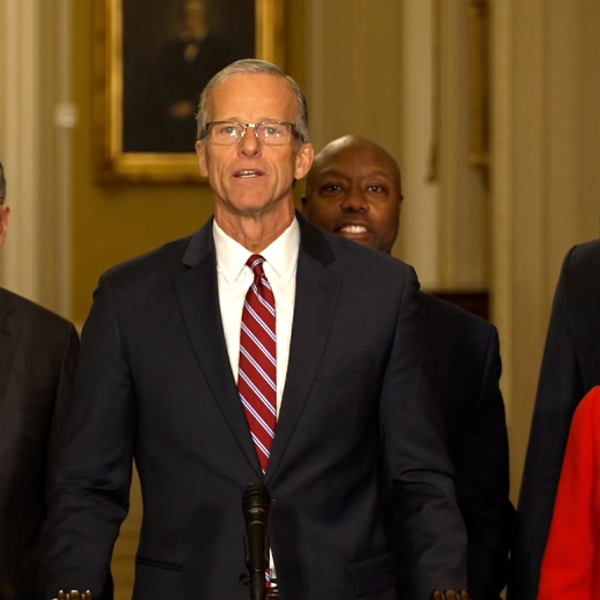Trump Wants 'Illegal' Workers -- For Himself, At Least
Donald Trump recently wrote on Truth Social: "Our great Farmers and people in the Hotel and Leisure business have been stating that our very aggressive policy on immigration is taking very good, long-time workers away from them, with those jobs being almost impossible to replace."
Let's get the obvious out of the way. Trump is heavily invested in two of those three businesses. He's proven himself very good at looking out for Number One.
That's much easier than formulating an immigration policy to meet the needs of employers while ensuring decent wages for all workers. Many of these "very good" workers would have been admitted to this country legally, if we had carefully written immigration policy. The lack of said policy is a major driver of illegal immigration.
Consider also the weirdness of singling out two industries for lax immigration enforcement. Suppose an undocumented worker tending almond trees in California's Central Valley chooses to start a window-washing business in Bakersfield. Is he now slated for deportation?
Border czar Stephen Miller is putting on a show of force that is both nasty and ineffectual. The wannabe warlord says he wants to arrest 3,000 migrants a day, apparently any migrants. His enforcers have been pulling people with pending asylum cases and valid work permits off worksites.
Few will argue against booting out undocumented aliens who have committed crimes, other than being here illegally. Barack Obama did a better job of that than Trump has. MAGA's obsession with the Southern border, already calmed by Joe Biden before leaving office, ignores nearly half the dilemma. An estimated 42% of undocumented immigrants now in the U.S. arrived legally but overstayed their visas.
Meanwhile, organizers of the "No King" rallies did a masterful job. They broadly named the event to take much of the focus away from the sometimes-abusive activities of Immigration and Customs Enforcement agents. Americans have diverse opinions on what immigration policy should look like while there is growing anger at Trump's caudillo act and personal lawlessness.
That combined with Trump's toxic personality and chaotic politics resulted in small crowds honoring the U.S. Army's 250-year anniversary. That was too bad. The anniversary marked centuries of faithful service and sacrifice to the country. That was inevitable when Trump made the celebration an adjunct to his 79th birthday.
Trump set the scene by holding that unseemly political rally featuring himself at Fort Bragg. The Trump brand of vulgarity further diminished the Army's parade by including an official broadcast shouting out "Special thanks to our sponsor — Coinbase." Coinbase operates a huge exchange for cryptocurrency, one of Trump's shadowy avenues for amassing more wealth.
The "No Kings" planners, who put together big gatherings in every state, wisely kept the protests outside Washington. That avoided conflict with the Army/Trump birthday parade. Many of the "No Kings" rallies turned joyful with a here-comes-summer feel.
A few hours after calling to exempt farm and hospitality workers from harsh immigration enforcement, Trump blamed Biden for the problem Biden went far in solving. Trump himself has employed an illegal workforce, most famously the construction workers who built Trump Tower.
Immigration chaos is too useful politically and too personally enriching for Trump to end. Nor does the Republican-controlled House have the courage to act. Republicans memorably refused to vote on a bipartisan bill that would have gone far in strengthening enforcement.
Americans don't want open borders. They also recognize that many of the people who came through these open borders without the proper documentation are, indeed, otherwise very good people. Also that they are taking jobs it's hard to find Americans to fill.
Don't expect sane immigration reform in the Trump era. That requires hard work.
Reprinted with permission from Creators.












